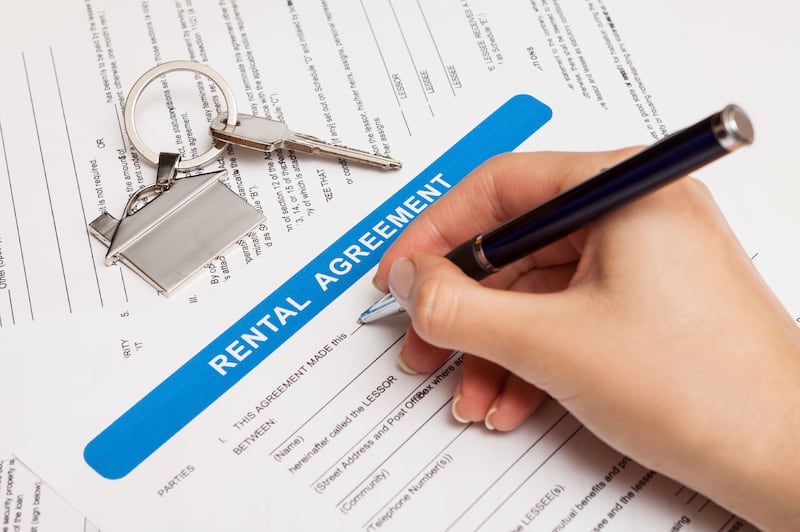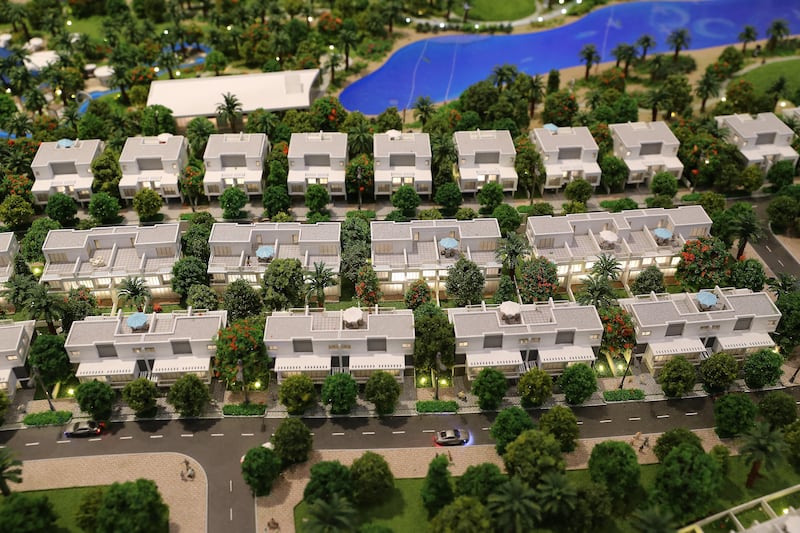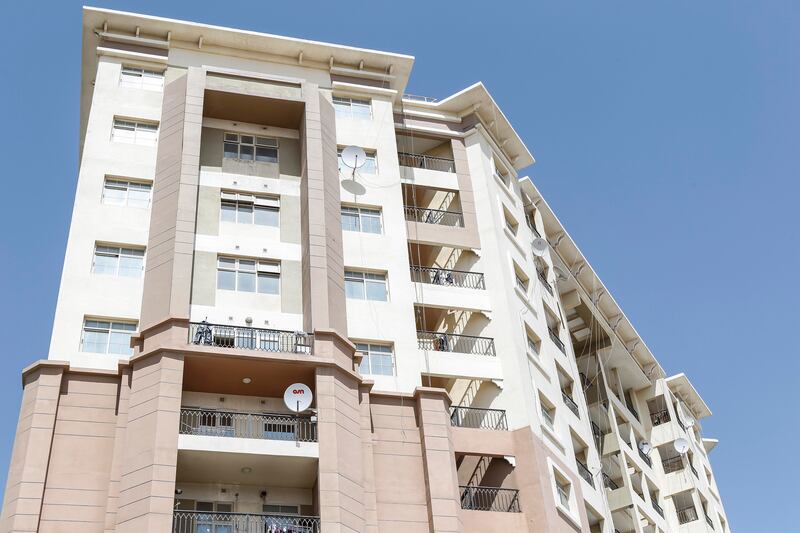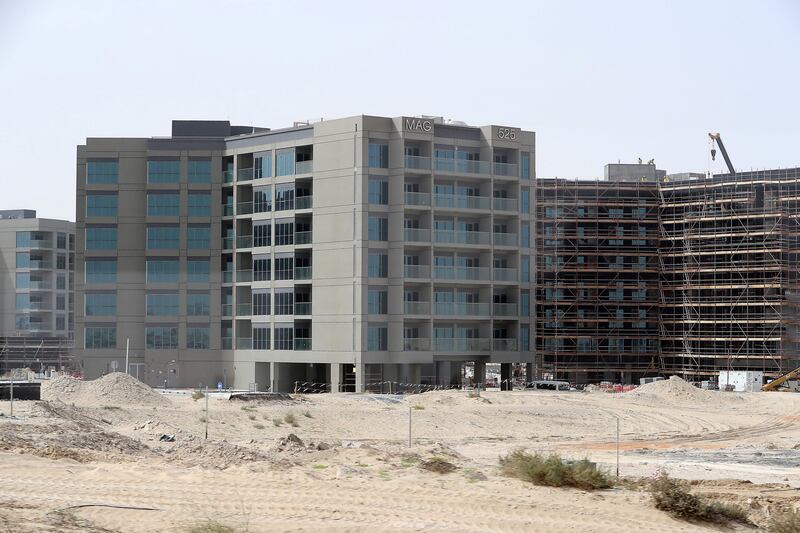I rent an apartment in a building within the Dubai International Financial Centre and the landlord was responsible for paying the cooling fees as part of the annual service agreement.
However, the building's management changed the billing mechanism for air conditioning services and now requires each resident to be liable for their cooling expenses, depending on their consumption.
My lease agreement was signed before these changes became effective and there was no reference to the tenant being liable for air conditioning bills.
The agreement specifically referred to the tenant paying for services provided by the Dubai Electricity and Water Authority and telco du only.
However, the agent, who is acting on behalf of the landlord, is demanding that I pay for air conditioning services, too.
If I renew the rental agreement, will I be liable to pay for the air conditioning bills? SR, Dubai
The first point is that all rented properties in the DIFC do not follow the Dubai rental laws.
While this is the case specifically, in general, they tend to mirror Dubai rental rules. However, they don’t necessarily have to.
Therefore, when it comes to rental disputes, the Rental Dispute Settlement Committee (RDSC) does not necessarily intervene in matters in the DIFC.
The key is to come to some form of agreement with the owner to find a mutual understanding so that all parties can move forward.
According to the Dubai rental laws, the landlord cannot change the contract without giving 90 days’ notice from the renewal date.
But, in this case, your landlord doesn’t have to, considering what I said earlier.
If you find a mutual agreement, that is great, but if not, I am afraid you will have to abide by the changes requested, otherwise any future litigation could result in failure.
I live with my family in a townhouse in Dubai. At the beginning of the lease in 2020, we paid an annual rent of Dh90,000. The landlord increased the rent every consecutive year as villas and townhouses were much sought-after in Dubai during the coronavirus pandemic.
We agreed to pay the higher rent as it was reasonable and because we wanted to avoid the hassle of moving out. We currently pay a rent of Dh125,000.
But the landlord is now demanding an unreasonable rent of Dh170,000 to renew the lease next year. My children love the community, so we don’t wish to move out unless it is the last resort.
Although the landlord has given us 90 days’ notice before lease renewal, we know the rent increase is unfair. I want to contest this in court.
What is the legal procedure to dispute the landlord’s claim? Will the process be costly and time-consuming? Can we continue staying in the property while the case is in court? SN, Dubai
____________
Watch: the $60 million mansion — we take a look around Dubai's newest party palace
The $60 million mansion — we take a look around Dubai's newest party palace
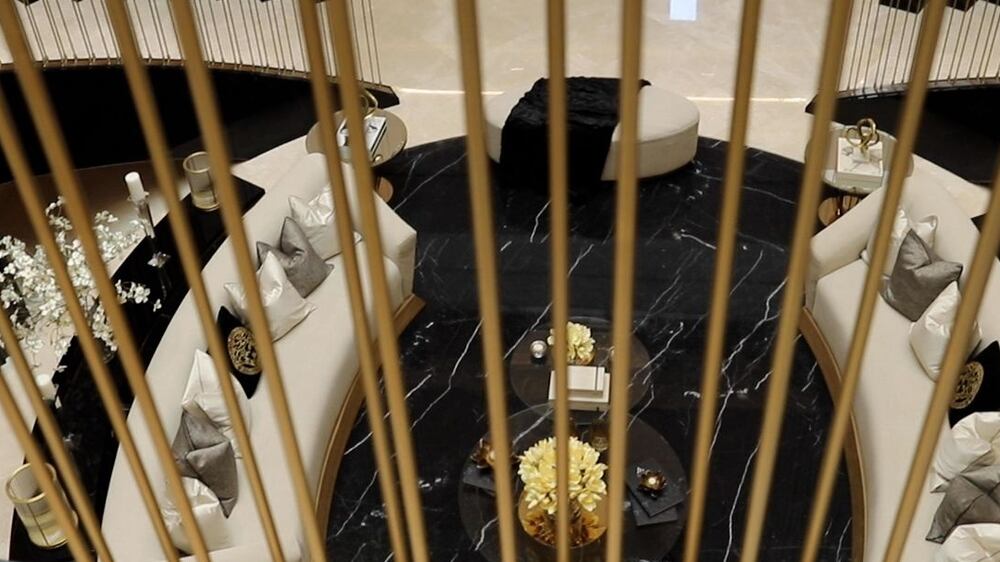
The first thing to do is not to worry. Many landlords are seeing what similar units are renting for in the vacant rental property market.
They are only trying to maximise their investment but are coming across as greedy.
You can do a few things to mitigate such rent increases. Firstly, go to the Real Estate Regulatory Agency (Rera) rent calculator to see exactly what increase the landlord is entitled to demand for an existing rental contract.
It is also important to know that the most a landlord is allowed to raise rent by in a year is 20 per cent, but only if the calculator allows for this increase.
To contest the increase, you will have to file a case at the RDSC, which is located at the Dubai Land Department office in Deira.
The cost to file a case is 3.5 per cent of the annual rent, plus Dh120 for processing, knowledge and innovation fees.
____________
Dubai communities with the least rent increases this year — in pictures
You will need to provide the following documents: passport and Emirates ID copies for both the landlord and tenant, an Ejari certificate, a title deed, a tenancy contract, a recent Dewa bill, a copy of rental cheques and written documents to support your case.
The processing time is about 15 days but in the event of further disagreements, this could take an additional 30 days to resolve.
You can continue to stay in the property while the dispute is going on.
Mario Volpi is sales and leasing manager at Engel & Volkers. He has worked in the property sector for more than 35 years, in London and Dubai. The opinions expressed do not constitute legal advice and are provided for information only. Please send any questions to mario.volpi@engelvoelkers.com
